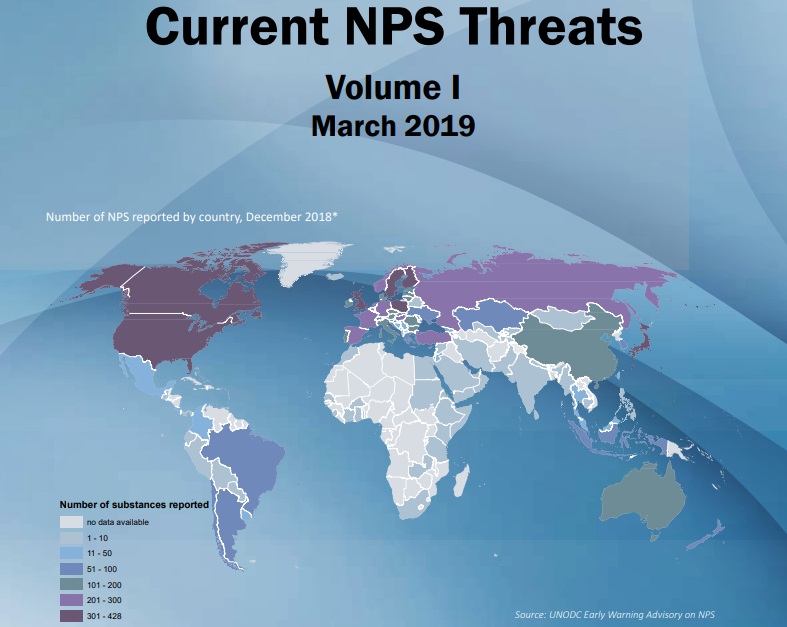New psychoactive substances remain a global phenomenon with 134 countries and territories from all regions of the world having reported one or more NPS to the UNODC Early Warning Advisory on NPS from 2009 up to December 2021. Within this time period, 1,124 substances were reported to the UNODC Early Warning Advisory on NPS by governments, forensic laboratories and partner organisations worldwide.
The global NPS market continues to be characterized by the emergence of large numbers of new substances belonging to diverse chemical groups. Until 2015, the number of different NPS reported each year increased year on year, but has since shown signs of stabilization, albeit at a high level (see figure below).

The last decade has been characterised by a growing diversity of new psychoactive substances (NPS) offered on illicit drug markets and a high level of innovation with dozens of new substances being detected year after year. In recent years, however, the number of NPS reported globally each year has stagnated, albeit at high levels.
Early warning at the national, regional and international levels has enabled the international community to identify NPS soon after their emergence on illicit drug markets as well as to monitor their persistence and regional spread. This allows the analysis of trends in diversity and innovation across effect groups and regions, an understanding of which is relevant to informing future drug policy measures. The potential impact of international scheduling decisions on these trends will be discussed with a focus on the first set of NPS placed under international control in 2015.


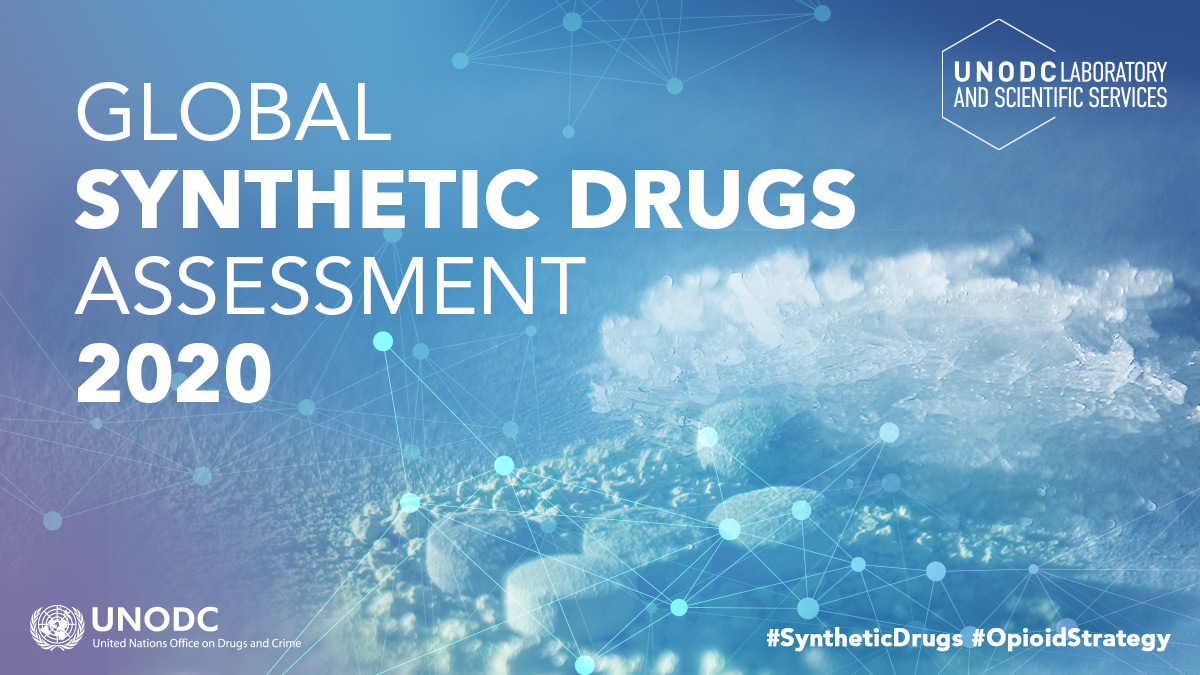
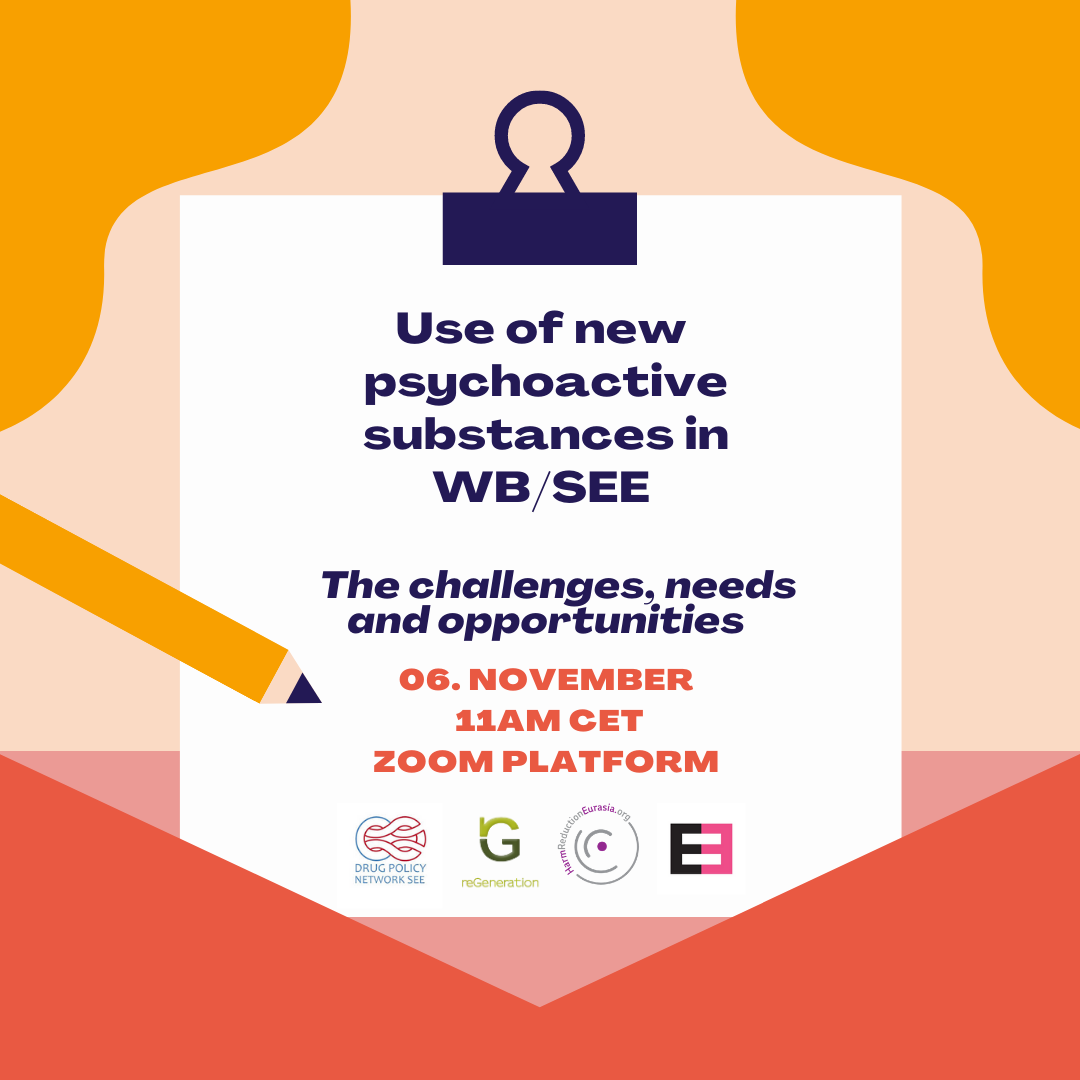

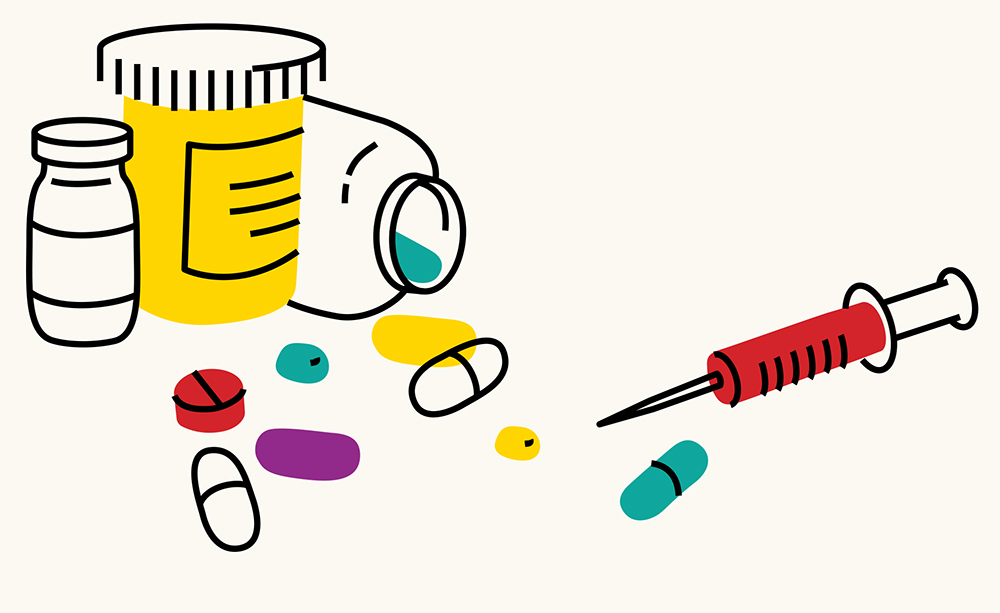

 The appearance of NPS in Serbia is not a new phenomenon, but their market share is very small. NPS have been talked about for a whole decade, although scientific research and answers to their appearance in the form of special services aimed at ensuring the health and well-being of users, but also the whole society, have not progressed at all.
The appearance of NPS in Serbia is not a new phenomenon, but their market share is very small. NPS have been talked about for a whole decade, although scientific research and answers to their appearance in the form of special services aimed at ensuring the health and well-being of users, but also the whole society, have not progressed at all. To read the reports,
To read the reports, 
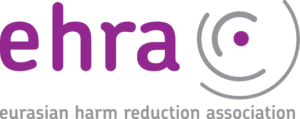 In the framework of project “New Psychoactive Substance Use in Kazakhstan, Kyrgyzstan, Georgia and Serbia” Eurasian Harm Reduction Association (
In the framework of project “New Psychoactive Substance Use in Kazakhstan, Kyrgyzstan, Georgia and Serbia” Eurasian Harm Reduction Association (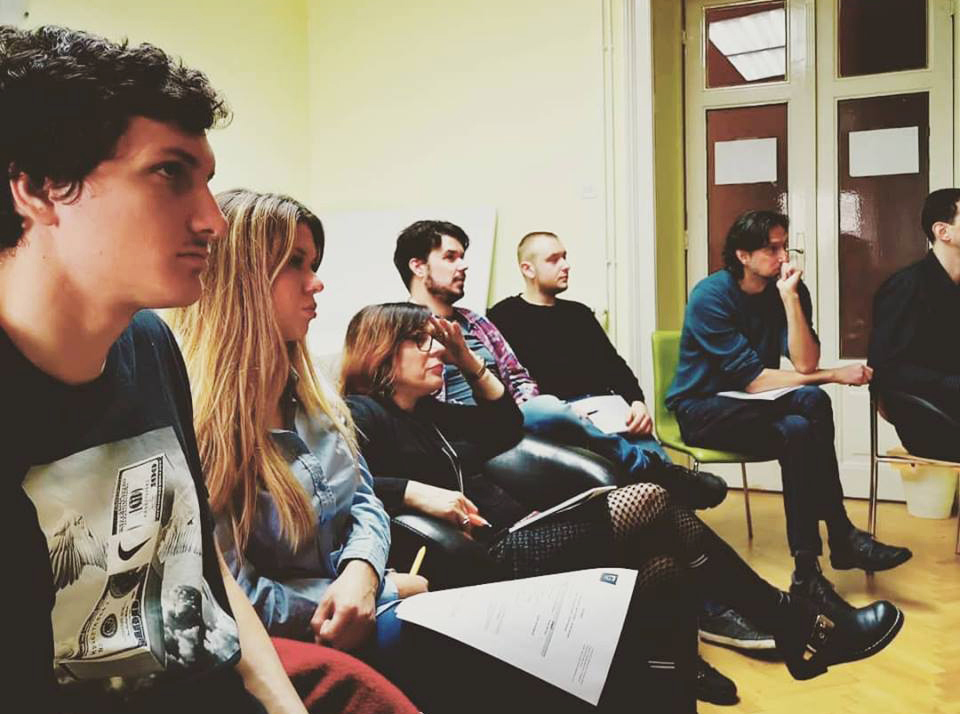
 DPNSEE member organizations
DPNSEE member organizations 
